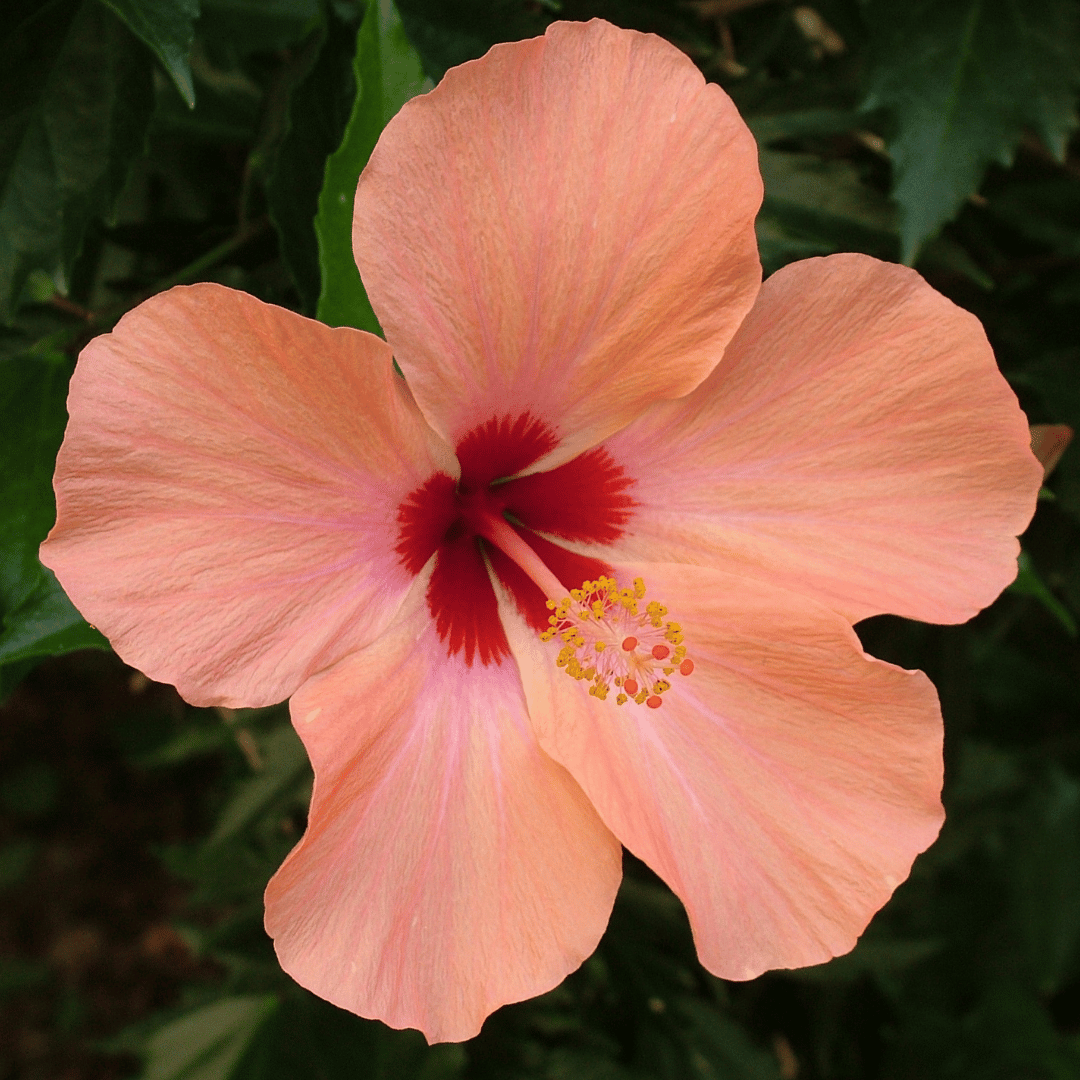This month, schools around the country are celebrating Asian American and Pacific Islander (AAPI) Heritage Month. Some are inviting community members to give presentations that showcase AAPI heritage, traditions, and impact. Others are hosting screenings of movies that highlight AAPI stories, history, or achievements. There have been art exhibitions this month, cooking demonstrations, cultural food fairs, and a plethora of innovative curriculums and projects highlighting this rich cultural heritage.
The TEAACH Act requires public K-12 schools to incorporate a unit on the history of Asian Americans in Illinois and the Midwest, as well as their contributions to civil rights in the United States. The movement is gaining momentum, with other states like New Jersey, Connecticut, and Rhode Island following suit. Florida will soon implement a new law requiring schools to teach Asian American and Pacific Islander (AAPI) history, mandating the inclusion of AAPI history, contributions, and experiences in social studies classes. A pilot program for teaching AAPI history in schools in New York City was launched this year, which includes lesson plans, resources, and professional development for teachers to effectively teach AAPI history.
The growing support from students, teachers, parents, and education advocates nationwide highlights the importance of inclusive and comprehensive education for all, as well as representing and empowering students who share this heritage. Current studies state that there are more than 6.7 million U.S.-Born Asian American and Pacific Islanders in the United States, and U.S.-born Asian Americans and Pacific Islanders are the fastest-growing segment of the fastest-growing minority group in the United States.
If you’re looking to implement this kind of program at your school, here are some resources to get you started:
The Learning Lab APAC (Asian Pacific American Center) is an online platform developed by the Smithsonian Institution’s APAC. It serves as a digital resource hub for exploring and learning about the rich history, art, culture, and contributions of Asian Pacific Americans. The platform offers a wide range of educational materials, including lesson plans, videos, images, articles, and interactive activities, designed to engage students and educators in discovering the diverse stories and experiences of Asian Pacific Americans. By providing accessible and engaging content, Learning Lab APAC aims to promote cultural understanding, appreciation, and inclusivity in education.
This organization is dedicated to providing educational materials and support for teaching Asian American and Pacific Islander (AAPI) history in schools. The organization aims to address the lack of representation and knowledge about AAPI history in curricula by offering lesson plans, classroom resources, professional development opportunities, and community engagement tools. TeachAAPI seeks to empower educators with the necessary tools and knowledge to effectively teach AAPI history, promote inclusivity, and foster cultural understanding among students.
The Outschool Handbook on “Bringing AAPI Heritage into the Classroom” is a resource designed to support educators in integrating Asian American and Pacific Islander (AAPI) heritage into their teaching. The handbook provides practical strategies, lesson ideas, and recommended resources for creating inclusive and culturally responsive learning experiences. It emphasizes the importance of representation, accurate historical narratives, and cultural appreciation in fostering an inclusive classroom environment. Educators can explore topics such as AAPI history, traditions, contributions, and contemporary issues, and find guidance on how to approach these subjects with sensitivity and respect.
